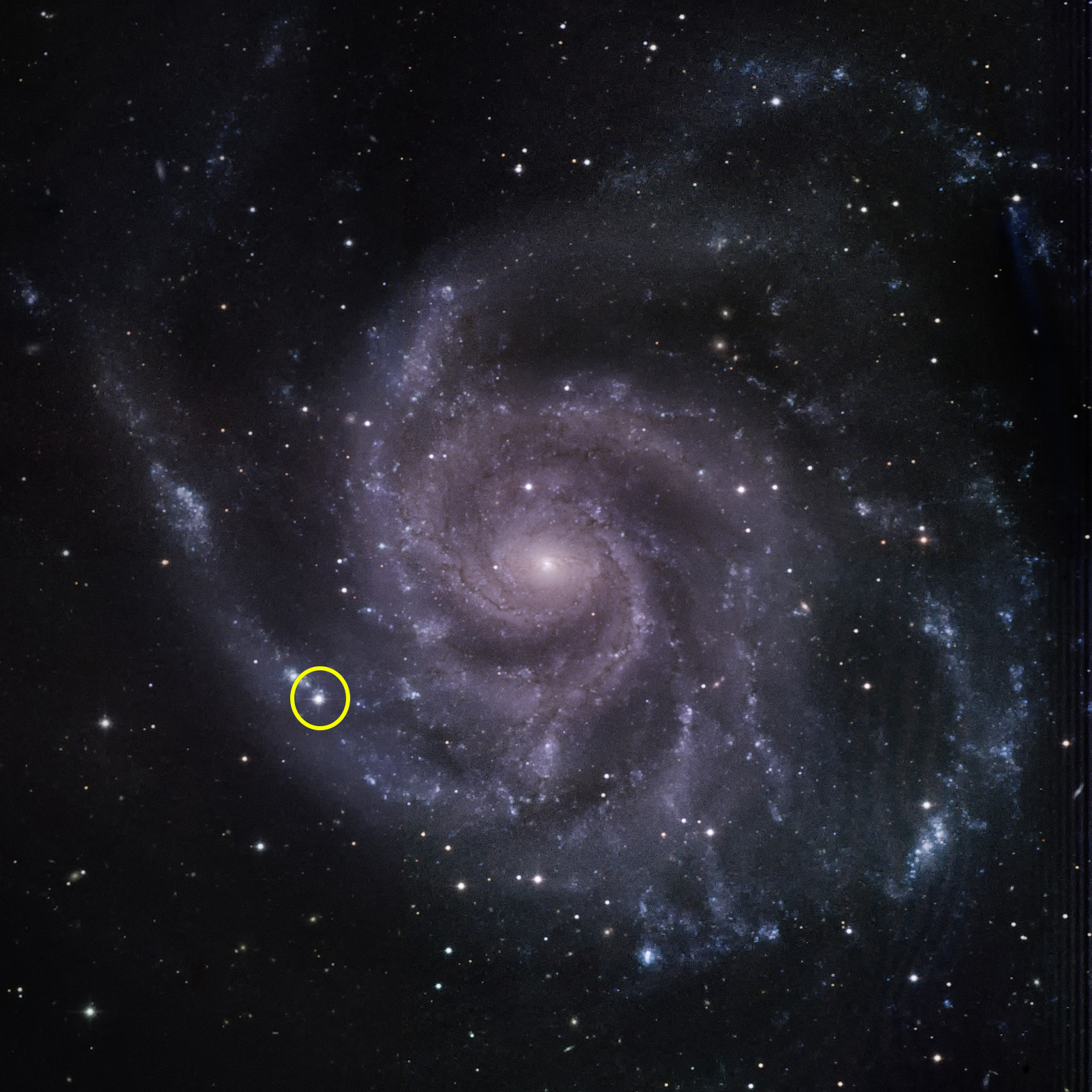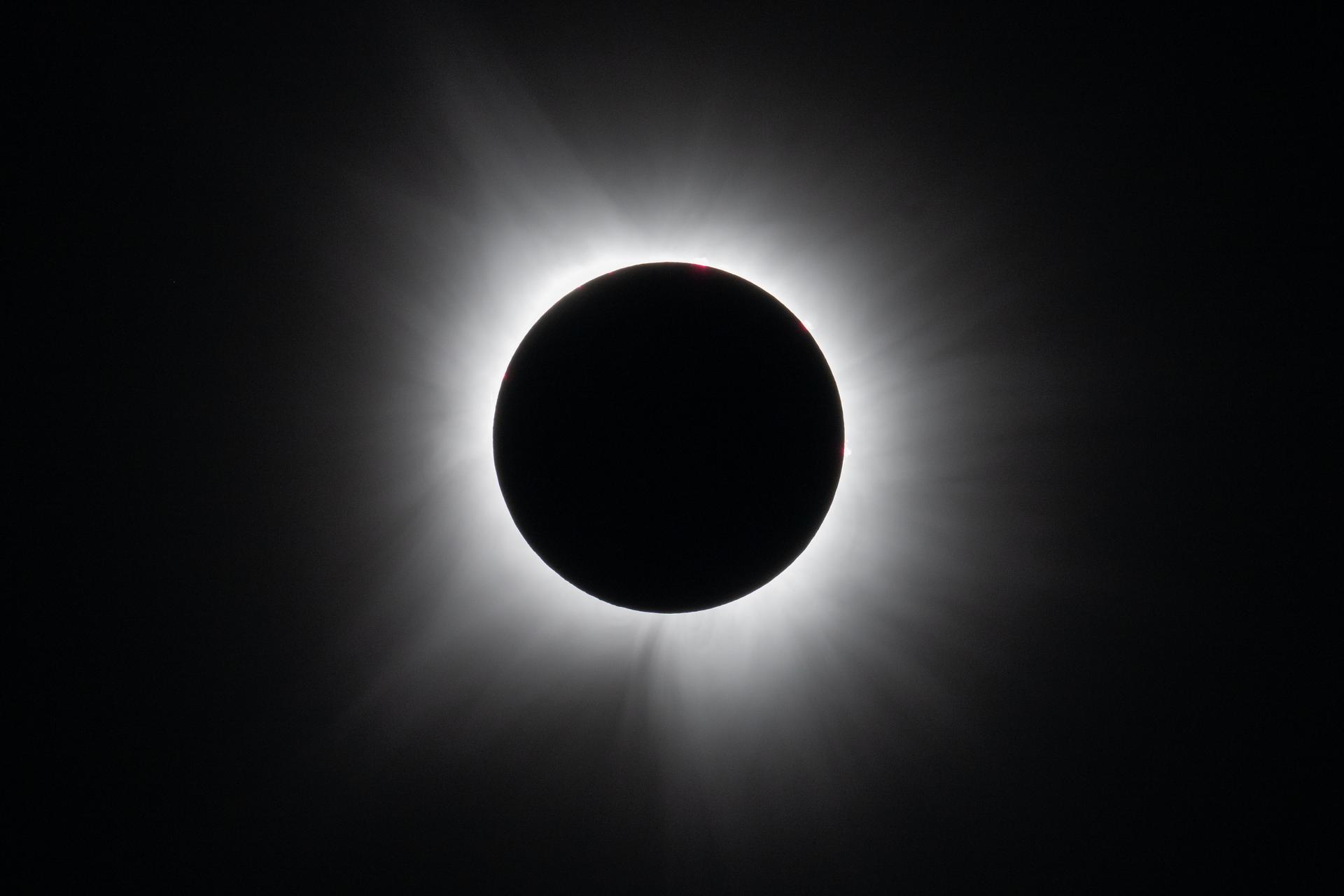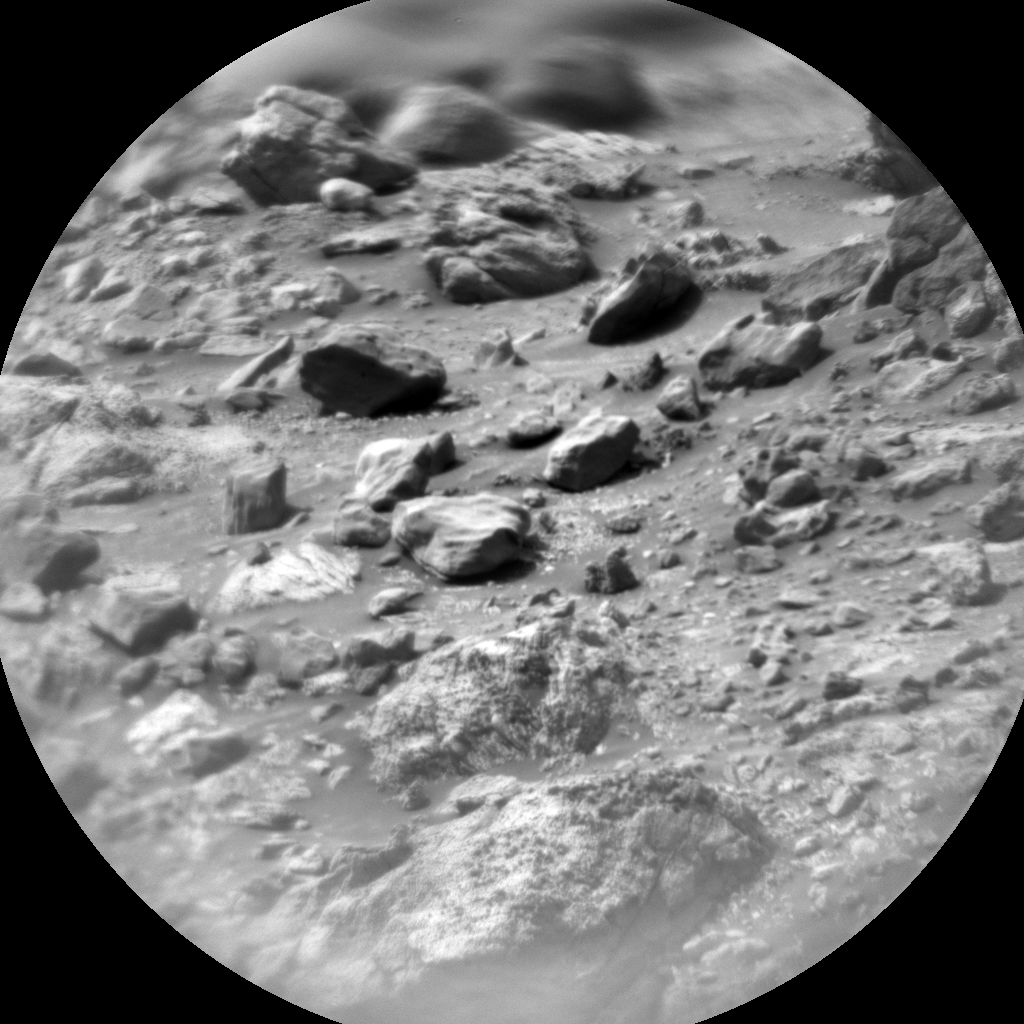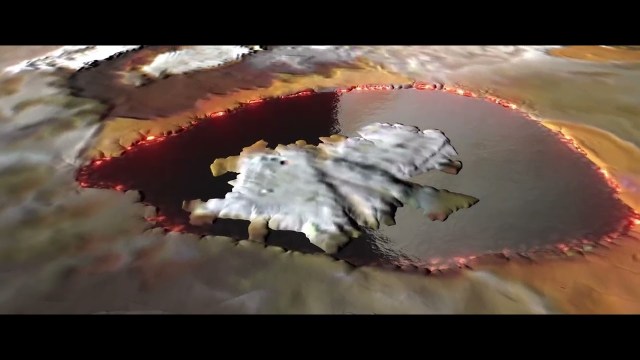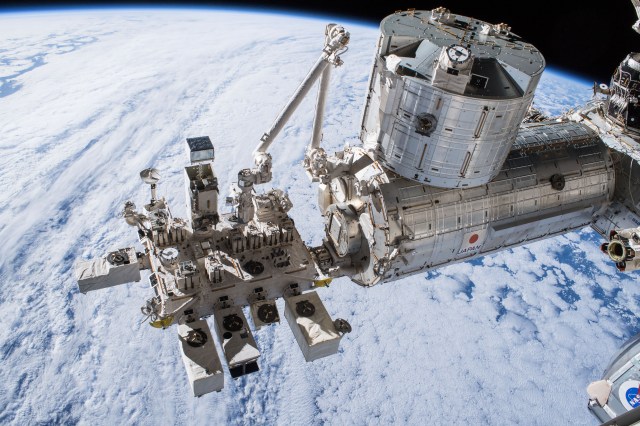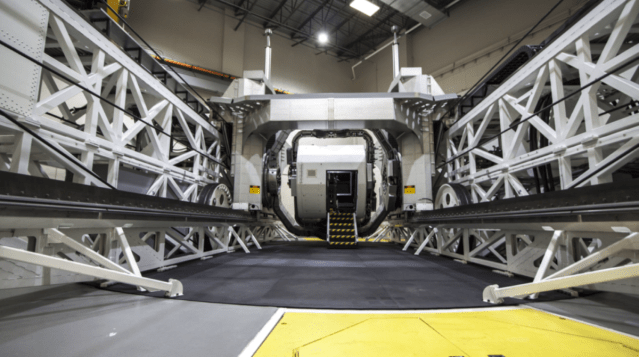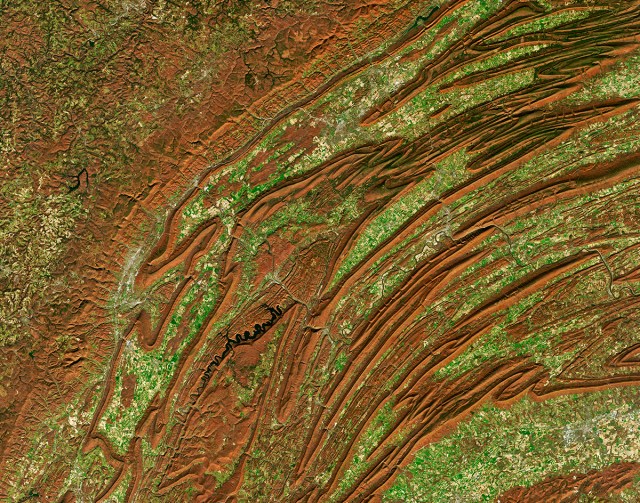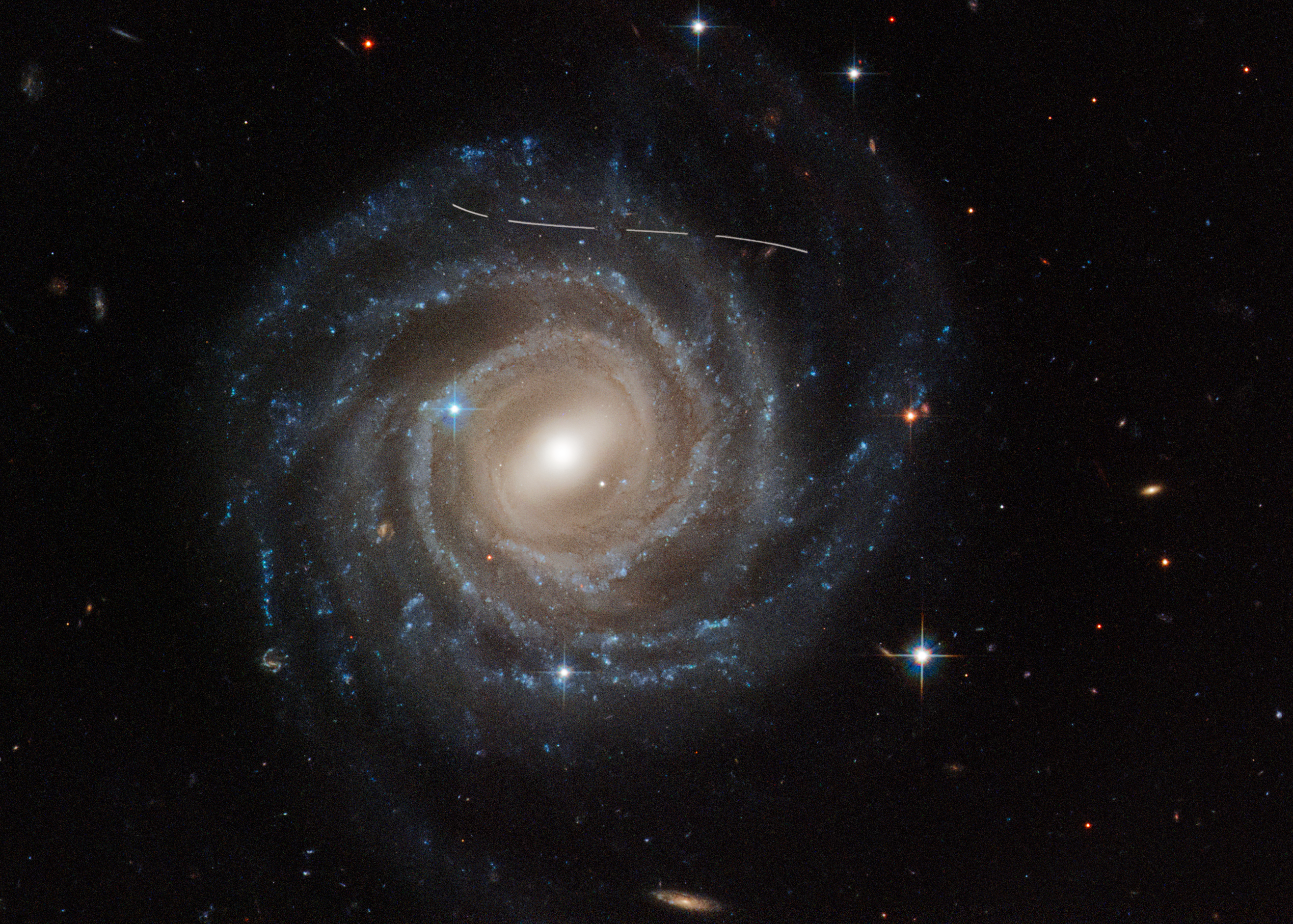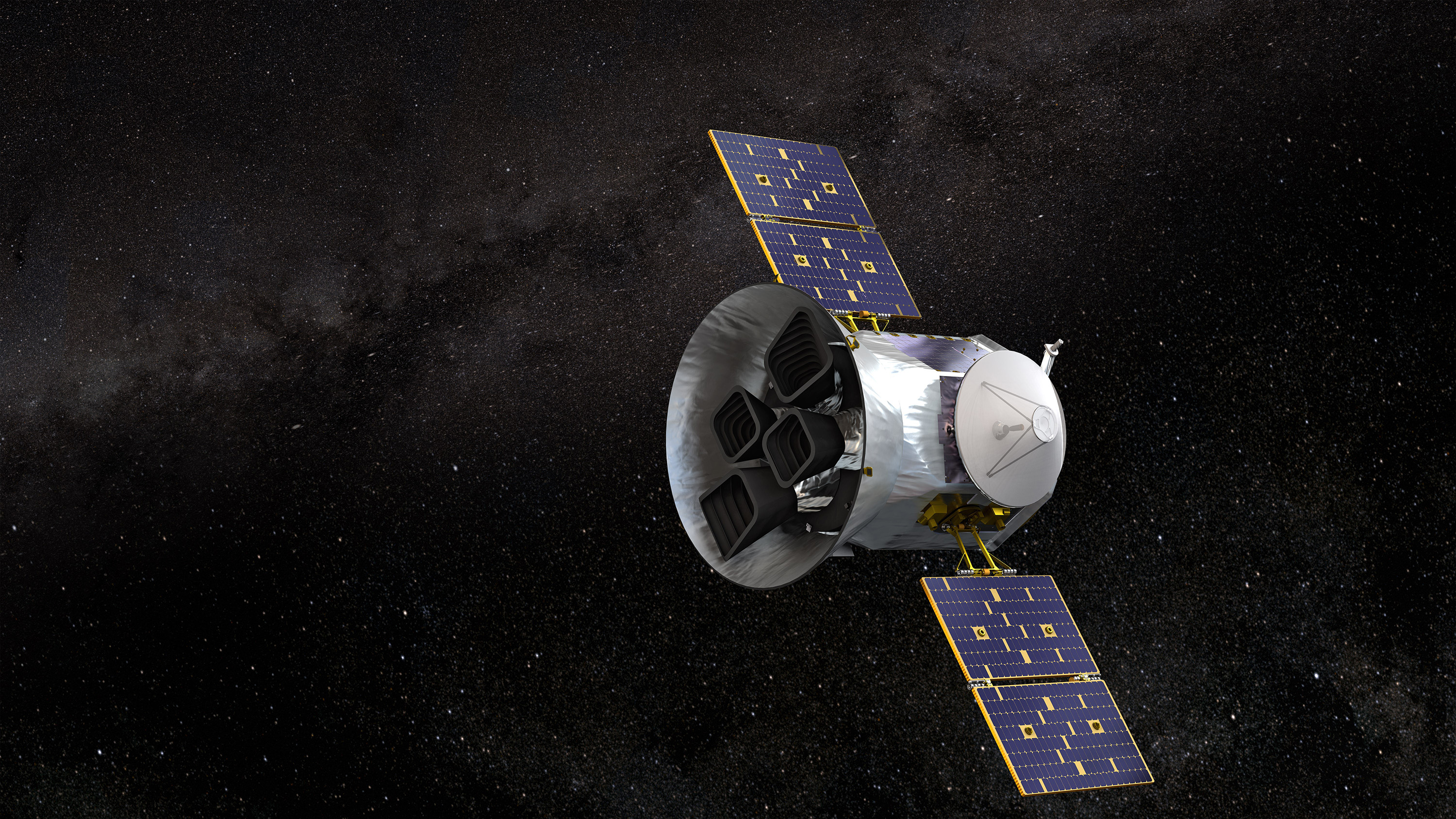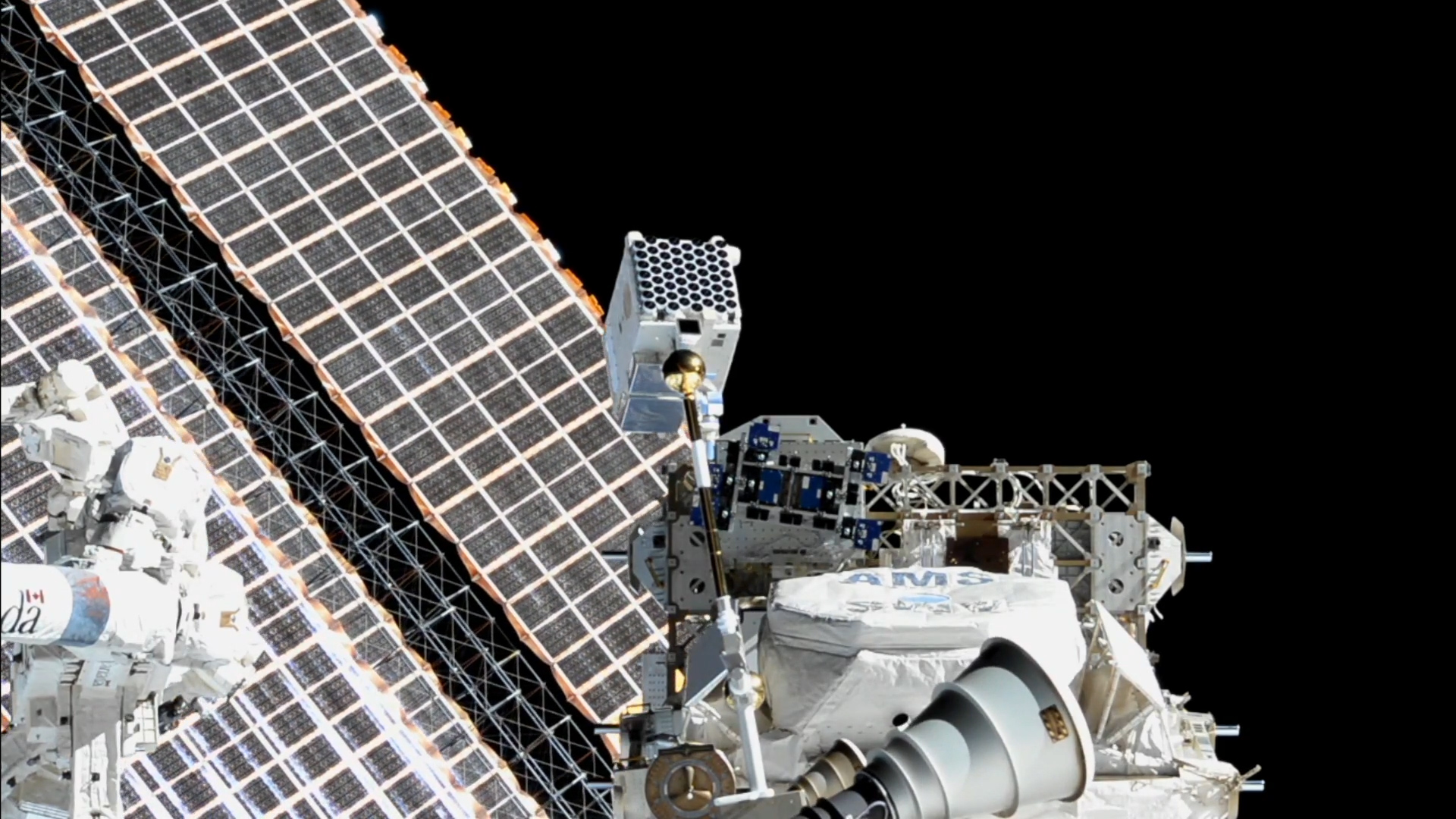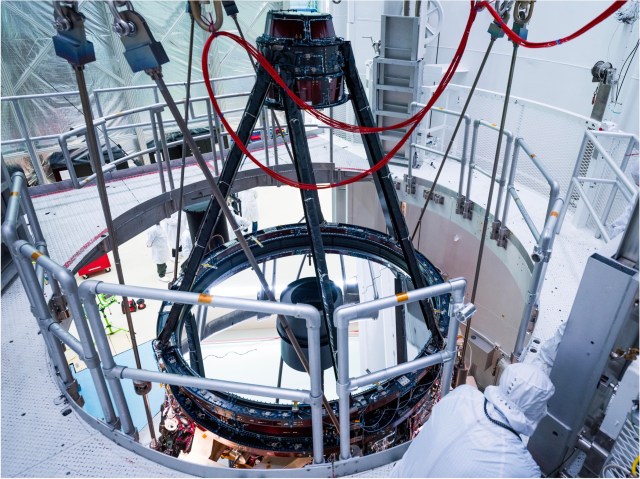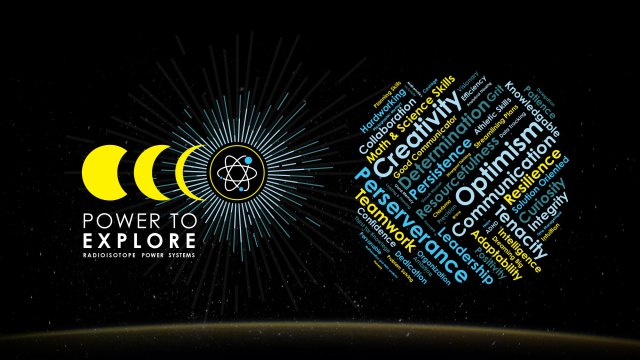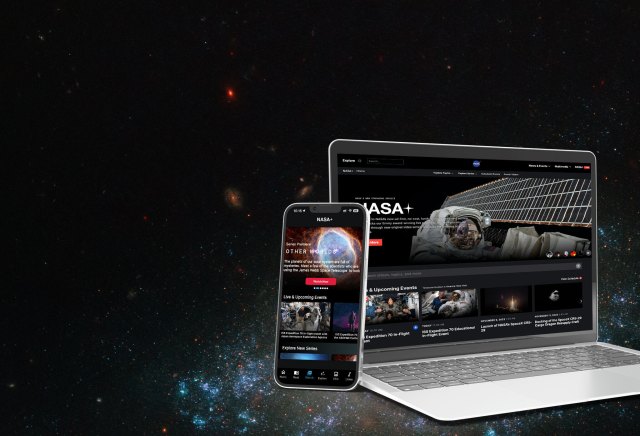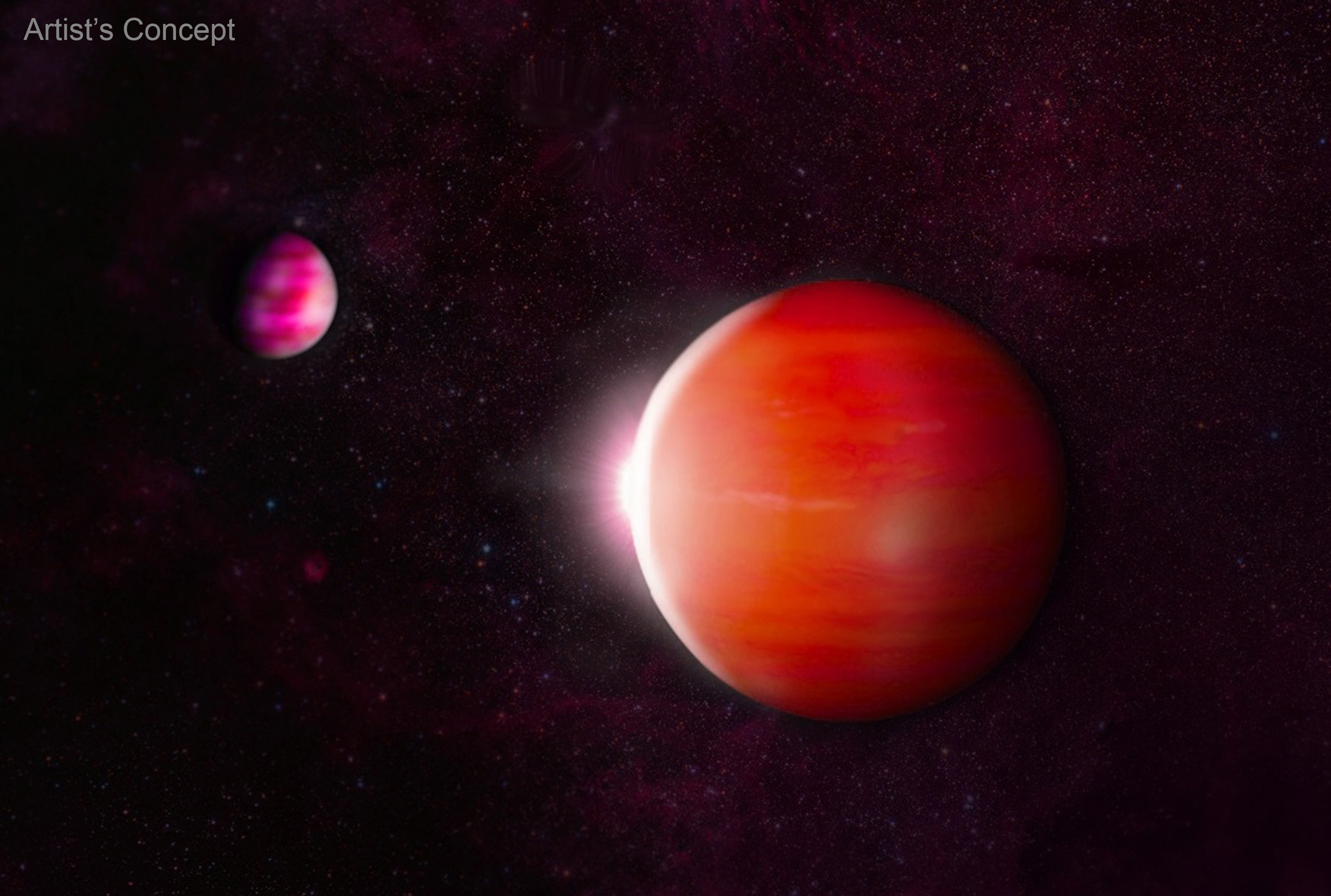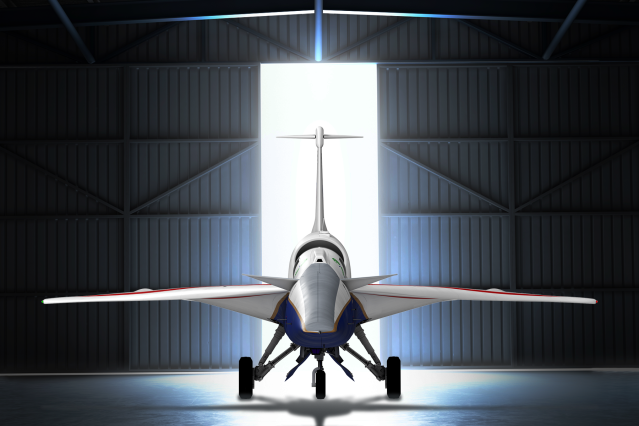HUNTSVILLE, ALA. – NASA unveiled today an upgraded Payload Operations Integration Center at the Marshall Space Flight Center in Huntsville, Ala. The operation center’s new capabilities enhance collaboration and enable the ground team to efficiently help the International Space Station crew and researchers around the world perform cutting-edge science in the unique space environment.
The Payload Operations Integration Center – which began around-the-clock operations March 19, 2001 – plans and coordinates all the research activities on the space station. Since NASA and 15 international partners completed station assembly in 2011, crews have devoted more time to conducting space station science.
“Conducting cutting-edge research that benefits space exploration as well as life on Earth is a top priority for the space station,” said Michael Suffredini, manager of NASA’s International Space Station Program. “With this amazing in-space laboratory now fully functional, the crews are able to dedicate more time each week to scientific research and the payload operations team at Marshall has had a major role in making that happen.”
The first upgrades to the control room since it was established were completed on June 11. The renovated room features a video wall that expands the ability to share information, such as live video, diagrams and photographs of experiments or displays on experiment power usage or scientific data acquisition. The wall instantly allows the data to be shared by the full team and has the capability to show multiple data and video views related to one or more experiments. With more than 200 experiments on the station at any time, sharing information rapidly among the ground team members and the crew in space is important. With the upgraded flight control room’s new arrangement of flight control positions, communication is improved.
“Over the course of the last 12 years, our team has learned much about how they can collaborate to maximize science return,” said Jay Onken, manager of the Mission Operations Laboratory at Marshall. “They used this knowledge to redesign the control room to have the most modern technical equipment to support the most amazing international engineering and scientific endeavor of the century.”
The upgrades complement the planned modernization of the International Space Station mission control center at NASA’s Johnson Space Center in Houston. The control center in Houston and the operations center in Huntsville both operate 24/7, 365 days a year and interact continuously.
“We recently achieved a major milestone exceeding the goal of completing an average of 37 hours of crew-tended science per week across a six month period,” said Carmen Price, leader of the payload operations integration function at Marshall. “Our team even helped the crew achieve a record 72 hours of crew-tended science experiments – the most hours of science ever conducted by a space station crew in a single week. While the crew is sleeping, we are here conducting experiments remotely from Earth, ensuring numerous automated experiments have the power and data recording and transmission needed to operate successfully.”
From the Apollo Program to Skylab to Shuttle/Spacelab missions, Marshall engineers and scientists have collaborated to provide both space-based and ground-based science research facilities for the NASA science community. In addition to its operations role, Marshall manages many science facilities that house station experiments and the Environmental Control and Life Support System that makes it possible for people to live on the station. Marshall’s support for the station is a continuation of its key roles in previous human spaceflight programs.
For the latest information on the International Space Station, visit:
– end –
text-only version of this release
Tracy McMahan
Marshall Space Flight Center, Huntsville, Ala.
256-544-0034
tracy.mcmahan@nasa.gov

